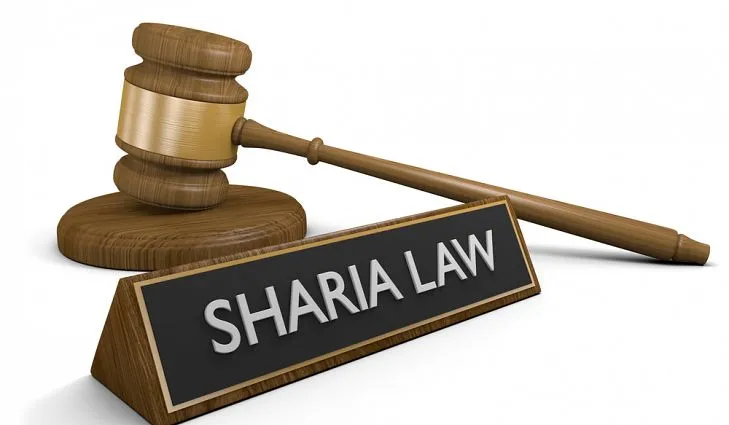The Independent Shari’ah Arbitration Panel in Ekiti State convened its inaugural public session in Ado Ekiti, focusing on resolving disputes through Islamic jurisprudence. The panel, consisting of three Kadhis – Imam Abdullahi Abdul-Mutolib, Imam Abdulraheem Junaid-Bamigbola, and Dr. Ibrahim Aminullahi-Ogunrinde – tackled two marriage-related disputes during the session.
In the first case, a marital dispute was settled through a consent judgment after preliminary interventions by family members helped in reaching a peaceful resolution. Imam Abdul-Mutolib, the panel’s head, made the announcement, commending the approach of reconciliation.
The second case, however, involving a wife’s allegations against her husband for neglecting his marital duties, was not resolved in the session. Instead, it was adjourned to January 30 for further investigation to ensure a just outcome.
Imam Abdul-Mutolib, in his remarks, stressed the importance of adhering to Islamic principles in marriage, urging both husbands and wives to fulfill their religious obligations towards each other.
Alhaji Hammed Bakare, President of the Supreme Council for Islamic Affairs in Ekiti State, explained the panel’s voluntary nature, stating that it serves those who choose to resolve their disputes under Islamic law. He noted, “Shari’ah adjudication is not compulsory for all; it is meant for Muslims or those who willingly choose to submit their grievances to it.”
Barrister Tajudeen Hammed, the Deputy President, reinforced that the Shari’ah panel works in tandem with the state’s civil legal system, ensuring that its rulings are based solely on Islamic scripture without contravening civil laws. He emphasized the optional nature of the Shari’ah process, even for Muslims, highlighting its role within the faith.
The Kadhis were praised for their expertise and commitment to Islamic jurisprudence, which was evident during the proceedings. The panel was established by the Supreme Council for Islamic Affairs in October 2024 to offer an alternative dispute resolution mechanism, particularly for civil matters like marriage, divorce, and inheritance, aligning with Islamic principles for those who opt for this system.
This session marks a significant step in providing a culturally and religiously sensitive arbitration option in Ekiti State, aiming to serve the Muslim community and others who voluntarily agree to its jurisdiction.












Im not sure about this Shari’ah Arbitration Panel in Ekiti State. Could it infringe on individual rights or promote religious harmony? What do you think?
Wow, hosting a Shariah arbitration panel in Ekiti State? Thats an interesting development. Wonder what the local reactions are!
Im not sure about this Shariah Arbitration Panel in Ekiti State. What do you all think about it? Seems controversial.
This development in Ekiti State is interesting, but I wonder how it will impact the overall legal system. Exciting times ahead!